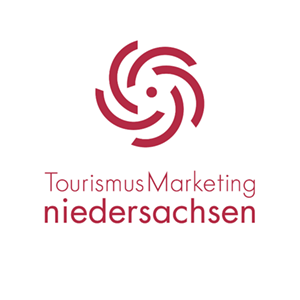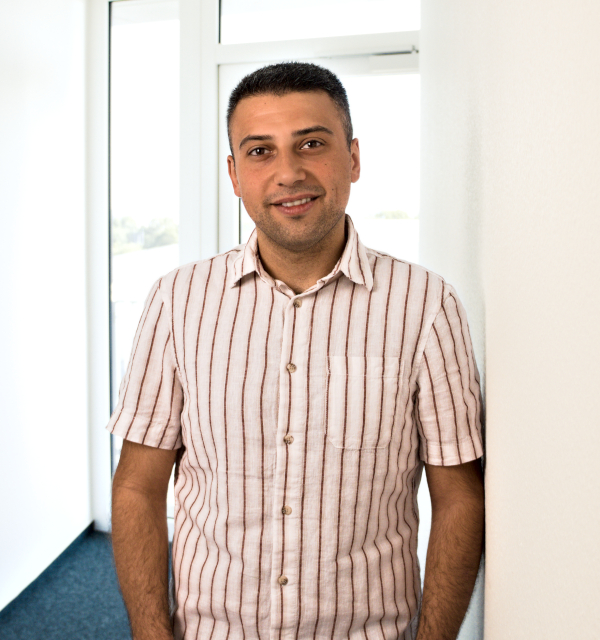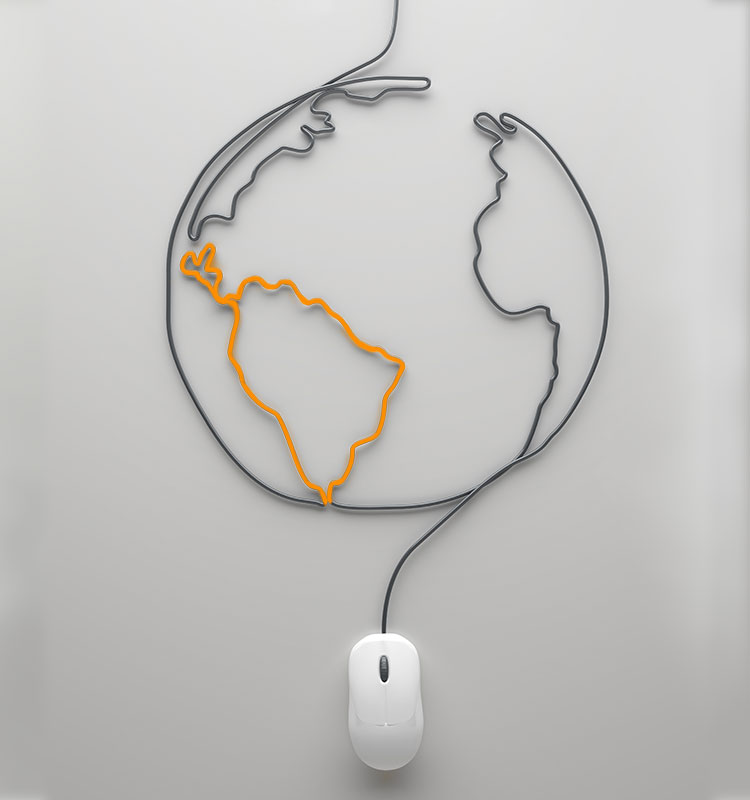
Is your business looking for a language service provider for Arabic?
oneword’s language experts would be happy to help
oneword’s language experts will gladly advise you and prepare a free quote for you after examining your documents. As a language service provider for Arabic, we have a global network of professional native-speaker translators at our disposal to provide German to Arabic and Arabic to German translations certified to ISO 17100. And all to your advantage: Every document is technically and grammatically correct and the style and tone are accurately processed and translated by experts and experienced translators.
oneword – Arabic language service provider: certified, cost effective and on time
oneword – Arabic language service provider: certified, cost effective and on time
Bespoke solutions for companies
Translations into Arabic – With cultural sensitivity in the Arabic world
Multiple dialects, one written language
Arabic is primarily spoken in the Middle East and North Africa, called the MENA region, and, with approx. 374 million native speakers, is the sixth most commonly spoken language in the world. Modern standard Arabic has its origins in classic Arabic, the language of the Quran and Arabic poetry, and sometimes differs greatly from the spoken variants of Arabic. The regional Arabic dialects can therefore vary widely but they are united by a common written language. Standard Arabic is the official language of 27 countries, and thus is the third most common after English and French, is one of the six official languages of the UN and ranks seventh in the list of top 10 languages used on the internet. The economic significance of the MENA region has risen sharply due to the increased exchanges between Germany and the EU and countries in North Africa and the Middle East such as Egypt, Pakistan, Yemen, Syria, Algeria and Saudi Arabia, etc. Within the Arab world, Germany is the largest European exporter with just over 40 billion euros. The main export destinations are the United Arab Emirates and Saudi Arabia. For German mechanical engineering, Egypt is the main sales market within the MENA region which is marked by a varied economy with various emerging branches of industry. Translations into Arabic therefore not only open the door to the important petroleum, gas and tourism industries, but also to varied growth sectors that are rapidly gaining in significance, such as information technology, renewable energies and mechanical engineering and plant construction.

“For almost two years, we’ve been placing a large number of translation projects with oneword. As well as the dependability of their communication and the on-time delivery, what impresses us most is the quality. The fact that the translations are produced with SEO requirements in mind is a particular plus and was an important criterion in choosing them as a service provider.”
Translations into Arabic: Writing and culture as a particularly sensitive challenge
Arabic is a right to left language (RTL language) with its own alphabet which means, unlike Western languages, it is read and written from right to left. In Arabic translation and Arabic localisation therefore it is sometimes necessary to reverse for example, scroll bars, diagrams or menu bars to adapt them to read left to right. Individual words, for example proper names, written in Latin characters have to be inserted into the translation separately as left-to-right text. In addition, Arabic does not use capitalisation. The combination of individual letters into a symbol also prevents acronyms and abbreviations.
In addition to its own alphabet, written Arabic uses a mixture of its own Arabic number characters and the numbers commonly used in the western language area. Calendar information is also based on two different systems, the Gregorian solar calendar and the lunar calendar. The latter uses the moon’s cycle as its basis and is therefore eleven days shorter than the solar calendar.
Crucial for Arabic translations: consideration of cultural aspects
Arabic culture is influenced not only by the geographical region but also particularly heavily by religion. The majority of the population is Muslim and marked by conservative traditions. In Arabic translation and localisation into Arabic particular attention must therefore be paid to this, for example omitting any references to alcohol or lewdness. After all, there are not only cultural, but also legal restrictions in respect of media and content. Therefore, in addition to translation of the text and consideration for regional differences and preferences for dates, numbers and names, localisations into Arabic also require adaptations to image material and sensitive geopolitical aspects.
As a language service provider for Arabic, oneword offers its customers translations that are produced by experienced native speakers and take into account the country-specific features.
As with all RTL languages (DTP for Arabic and Hebrew) and Asian languages (DTP for Japanese, DTP for Chinese, DTP for Korean, etc.), we help you to adapt the layout of the Arabic translation to the source document within the relevant layout program.
Our team here at oneword will be very happy to help if you have any questions or want to hear about solutions.
You may also be interested in
8 good reasons to choose oneword.
Learn more about what we do and what sets us apart from traditional translation agencies.
We explain 8 good reasons and more to choose oneword for a successful partnership.




